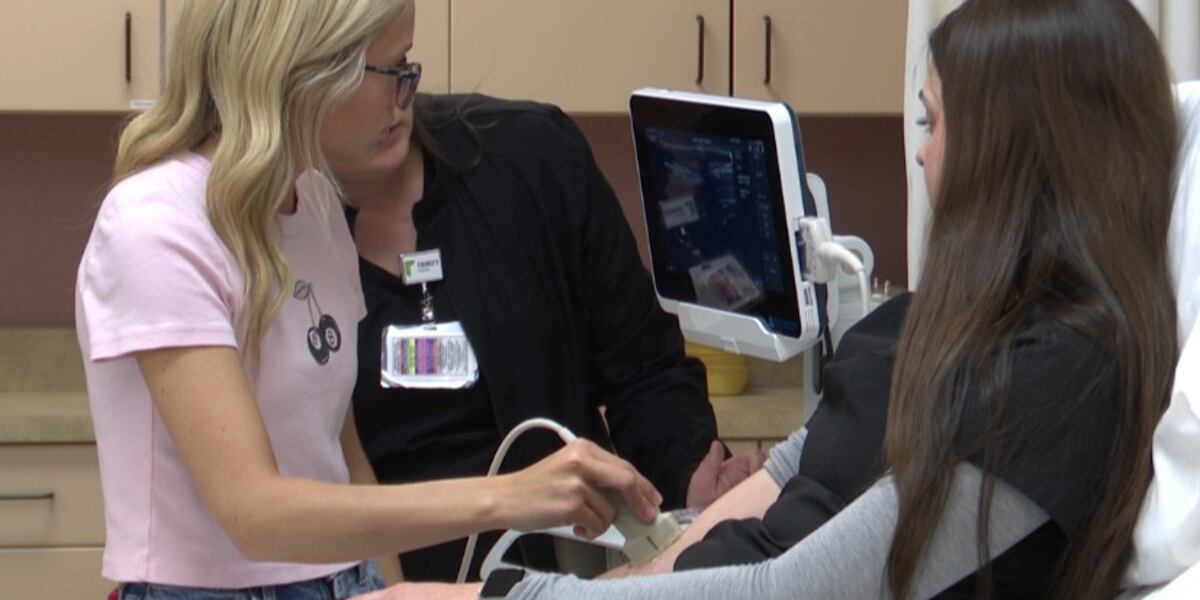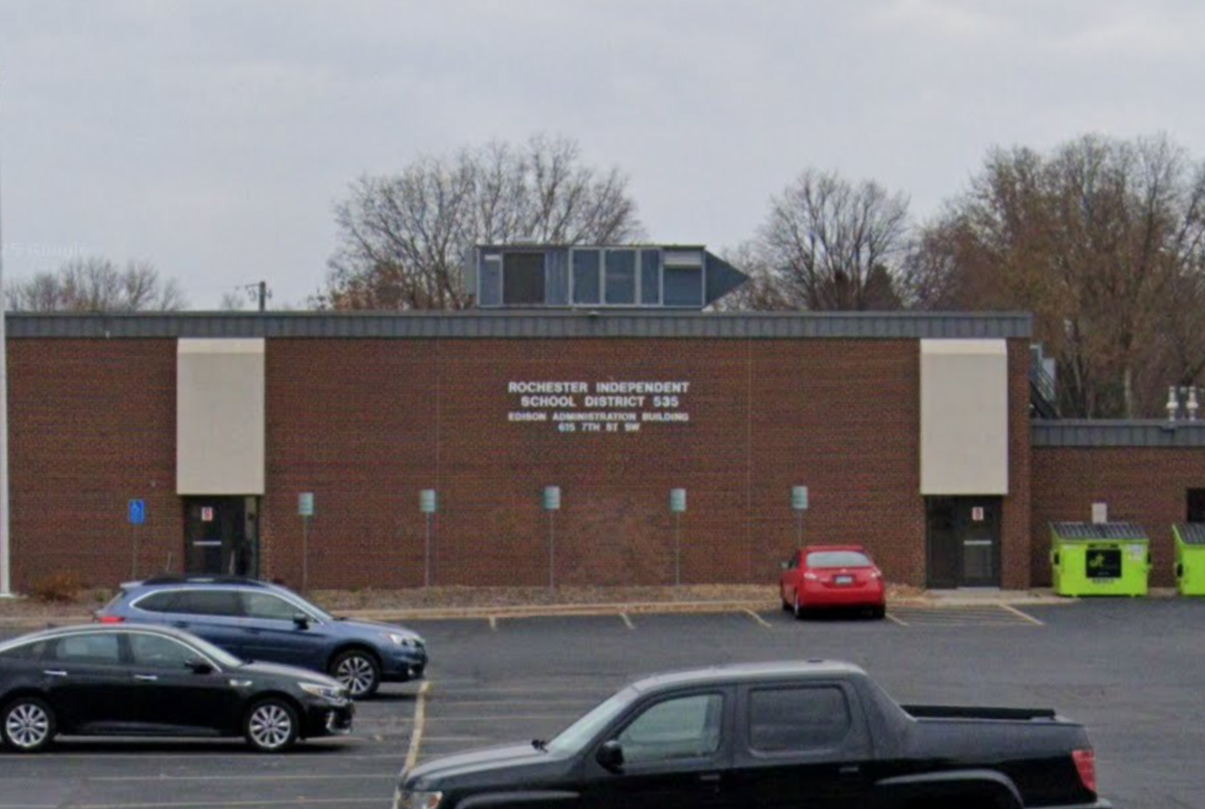PH Doctor Sounds Alarm: 'Toxic' Healthcare System Puts Lives at Risk – Including His Own
Manila, Philippines – A young doctor in the Philippines is raising serious concerns about the state of the public healthcare system, describing it as “toxic” and fearing for his own well-being. Dr. Fahad Khan, a junior doctor working in a bustling emergency department, details a harrowing reality of relentless pressure, inadequate resources, and a pervasive culture of burnout that he believes is endangering both healthcare workers and patients.
Dr. Khan entered the profession expecting demanding hours and high-stress situations. What he didn't anticipate was a growing sense of dread, a feeling that the very system he's dedicated to serving might ultimately take his life. His story reflects a wider crisis within the Philippine public health sector, one that's been exacerbated by years of underfunding, insufficient staffing, and a lack of adequate support for frontline workers.
The Weight of the System
The challenges Dr. Khan faces are not unique. Many doctors and nurses across the Philippines echo similar sentiments. Overcrowded emergency rooms, a constant shortage of essential medical supplies, and an overwhelming patient load are daily occurrences. This creates an environment where mistakes are more likely, and the emotional toll on healthcare professionals is immense.
“It’s not just the long hours,” Dr. Khan explains. “It’s the feeling that you’re constantly fighting a losing battle. You’re trying to provide the best possible care, but you’re hampered at every turn. The system is just broken.”
Burnout and Mental Health
The relentless pressure has led to widespread burnout among healthcare workers. Many are experiencing anxiety, depression, and other mental health issues. Dr. Khan admits he's struggling with his own mental well-being, and fears that if the situation doesn't improve, more healthcare professionals will leave the profession, further straining the system.
“We’re seeing doctors and nurses leaving, either to work abroad or to find less stressful jobs,” he says. “And who will take care of the patients then?”
A Call for Change
Dr. Khan’s story is a wake-up call for the Philippine government and healthcare policymakers. Addressing the systemic issues that are contributing to this crisis is crucial. This includes increased funding for public hospitals, recruitment and retention of healthcare workers, improved working conditions, and greater support for mental health services.
“We need a fundamental shift in how we view and value healthcare workers,” Dr. Khan urges. “We are not machines. We are human beings, and we need to be treated with respect and provided with the resources we need to do our jobs effectively. Otherwise, the system will continue to fail, and more lives will be lost – including those of the people who are trying to save them.”
The situation demands urgent action. The health and well-being of both healthcare professionals and the Filipino people depend on it.






